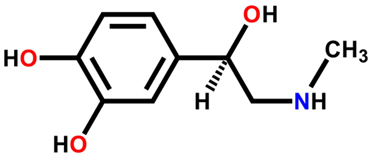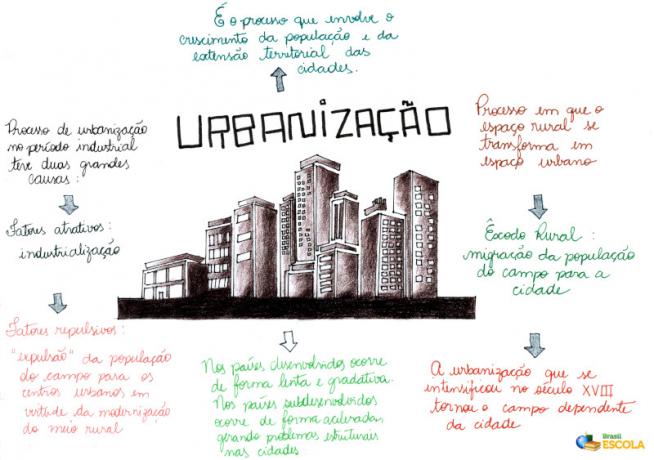Starting this Thursday (1st), Brazilian states will implement changes in the calculation of ICMS on gasoline, which will result in an increase in the average price of fuel across the country. According to specialized consultants, the new measure establishes a fixed rate of R$ 1.22 per liter, valid for all states.
See too: Petrol pump with anti-fraud system: know how it works
see more
Alert: THIS poisonous plant landed a young man in the hospital
Google develops AI tool to help journalists in…
Until yesterday, ICMS was calculated as a percentage of the price of gasoline, ranging from 17% to 23% depending on the state. However, from now on, the fixed rate in reais will be applied.
Estimates from the Brazilian Infrastructure Center (CBIE) point out that the current ICMS average was R$ 1.0599 per liter, below the new value.
With the implementation of the rate of R$ 1.22, an average increase of R$ 0.16 per liter is expected, which represents an average increase of 22% in ICMS alone.
It is important to highlight that the ICMS corresponds to a part of the total price of gasoline, with a weight of 20.5% in the total cost of the product when
consumer, according to Petrobras.Although the average ICMS increase is 22%, the CBIE estimate suggests that the impact on consumers will be smaller.
Each state has an ICMS rate on the price of gasoline, and the unification of rates and adoption of a fixed amount in reais will result in variations in final prices in each state.
According to Leggio Consultoria, specializing in oil, gas and renewable energy, most states tend to see an increase in the final price of gasoline.
Only Alagoas, Amazonas and Piauí may present a reduction in fuel prices.
Average gasoline price by state after change in ICMS: see estimated variations
- DM: 5.8%
- RS: 5.7%
- GO: 5.5%
- AP: 5.6%
- MT: 5.2%
- SC: 5.0%
- SP: 5.0%
- PB: 5.1%
- PE: 5.0%
- ES: 4.8%
- MG: 4.7%
- PR: 4.1%
- RJ: 3.8%
- DF: 3.7%
- RO: 3.0%
- IF: 3.4%
- RR: 2.8%
- AP: 2.6%
- MA: 2.4%
- BA: 1.4%
- EC: 1.2%
- TO: 0.9%
- CA: 0.6%
- RN: 0.3%
- AL: 0.6%
- AM: 1.7%
- IP: 2.2%
Source: Leggio Consulting
The Secretary of the National Treasury, Rogério Ceron, stated that the new taxation of ICMS will have a marginal impact on the consumer.
He points out that the new rate will be offset by a favorable external situation, such as the drop in the price of a barrel of oil on the international market.
Even if the change in ICMS tends to affect the price of gasoline, it is important to note that the recent price reduction announcements made by Petrobras may still result in lower prices for consumers compared to those practiced at the beginning of the year.
That is, changes in the ICMS on gasoline will have an impact on consumers' pockets, with price variations in each state.
The general scenario indicates an average increase in prices, but the specific impact for each individual will depend on the economic situation and the pricing policies adopted by distributors and service stations. fuel.



